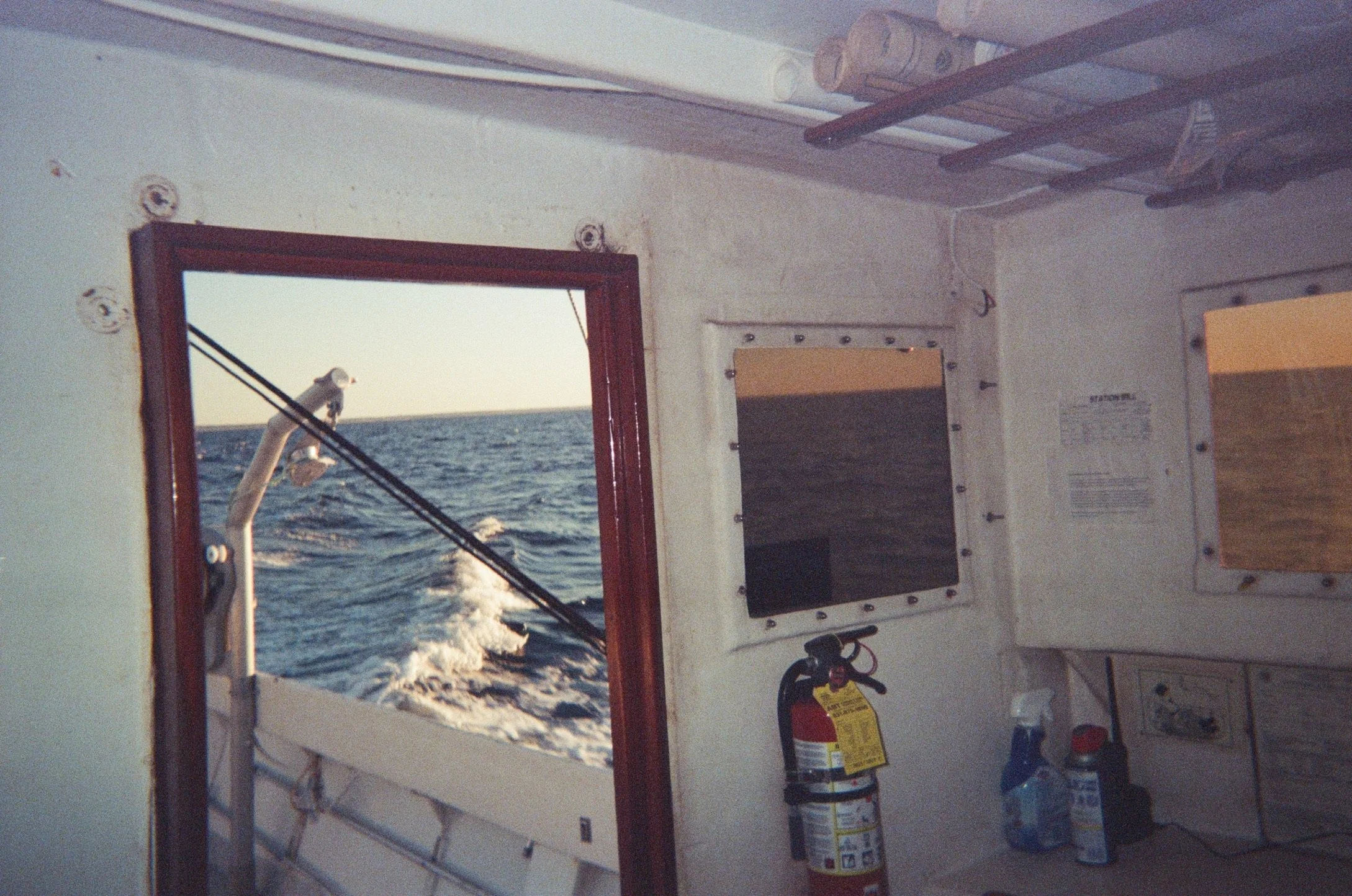
More Projects
NYC FLOOD MITIGATION
Apr – Oct 2024
Contestant @ New York Climate Exchange AI Innovation Challenge
I competed in the first New York Climate Exchange AI Innovation Challenge, which sought AI solutions to stormwater flooding in NYC. My team finished in 2nd place for our pitch to create safe and efficient routes for navigation during flooding. Our workflow utilized user inputs through IBM granite LLMs, 311 complaints, and NYC Micronet to create flooding exclusion zones which were incorporated into the OSMnx path-finding software.
See our pitch deck and a Stony Brook News article about our team:
Yellowstone herbivore diets
Sep 2021 – May 2022
Research Assistant @ Brown University
After graduating from Skidmore College, I worked as a research assistant at Brown University for the Kartzinel Lab of Conservation and Molecular Ecology. I developed and performed lab protocols for the diet analysis of Yellowstone National Park herbivores, which involved DNA metabarcoding using the chloroplast trnL-P6 marker from fecal samples. These diet data were assessed in relation to GPS tracks to uncover species-level seasonal movements and habitat use patterns. I also managed lab equipment, curated data for several projects, and led lab trainings for students.
Check out the resulting publication:
Machine Learning - ICU Mortality
Jun – Jul 2021
Student @ University of Michigan’s Big Data Summer Institute
I was accepted into the University of Michigan’s Big Data Summer Institute, an 8-week training and research program in biostatistics and quantitative analysis using R and Python. My final project for this program was to develop a machine learning data analysis pipeline to predict ICU mortality using patient information and health data. My team and I used hidden Markov models and support vector machines to perform these classifications.
See our final presentation here:
Spectroscopy Research
Jun – Sep 2020
Honorary Associate @ University of Wisconsin-Madison
I worked with the Kats Optics Research Group to co-develop Planck Spectroscopy, a novel spectroscopy method to measure spectral emissivity without the need to use wavelength-selective optical components. I ran stochastic simulations in MATLAB to test the effects of noise on our technique.
See our publication here:

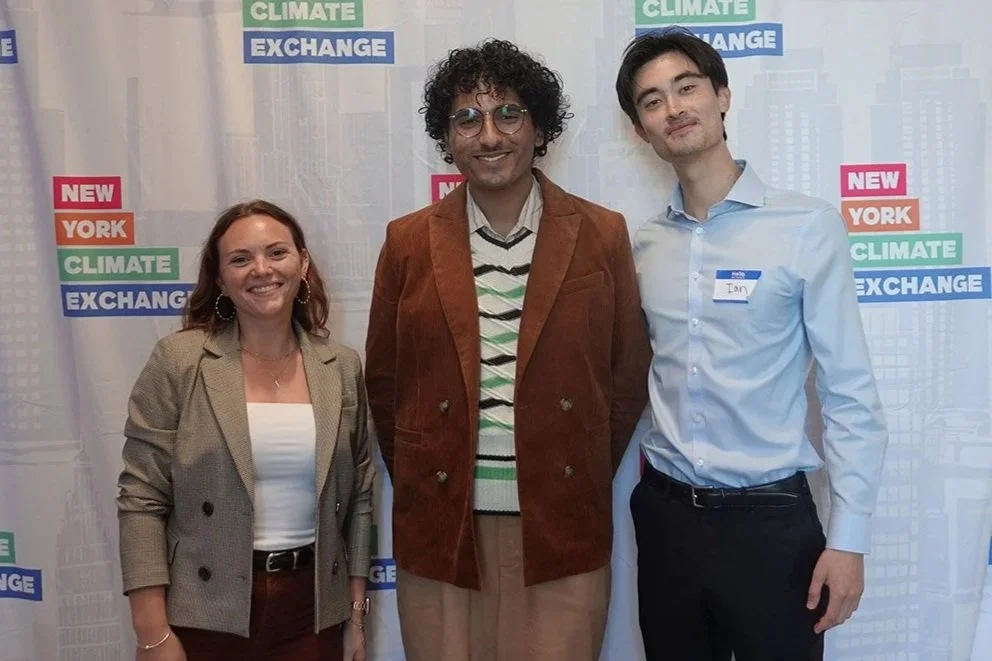
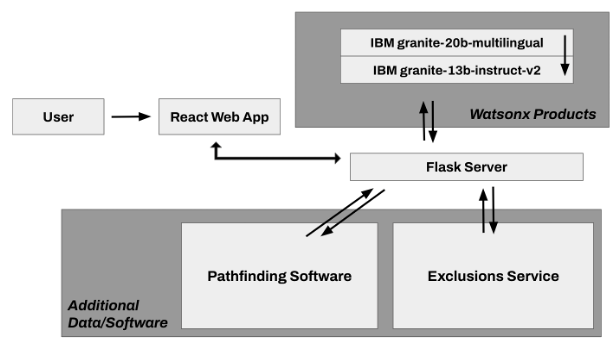
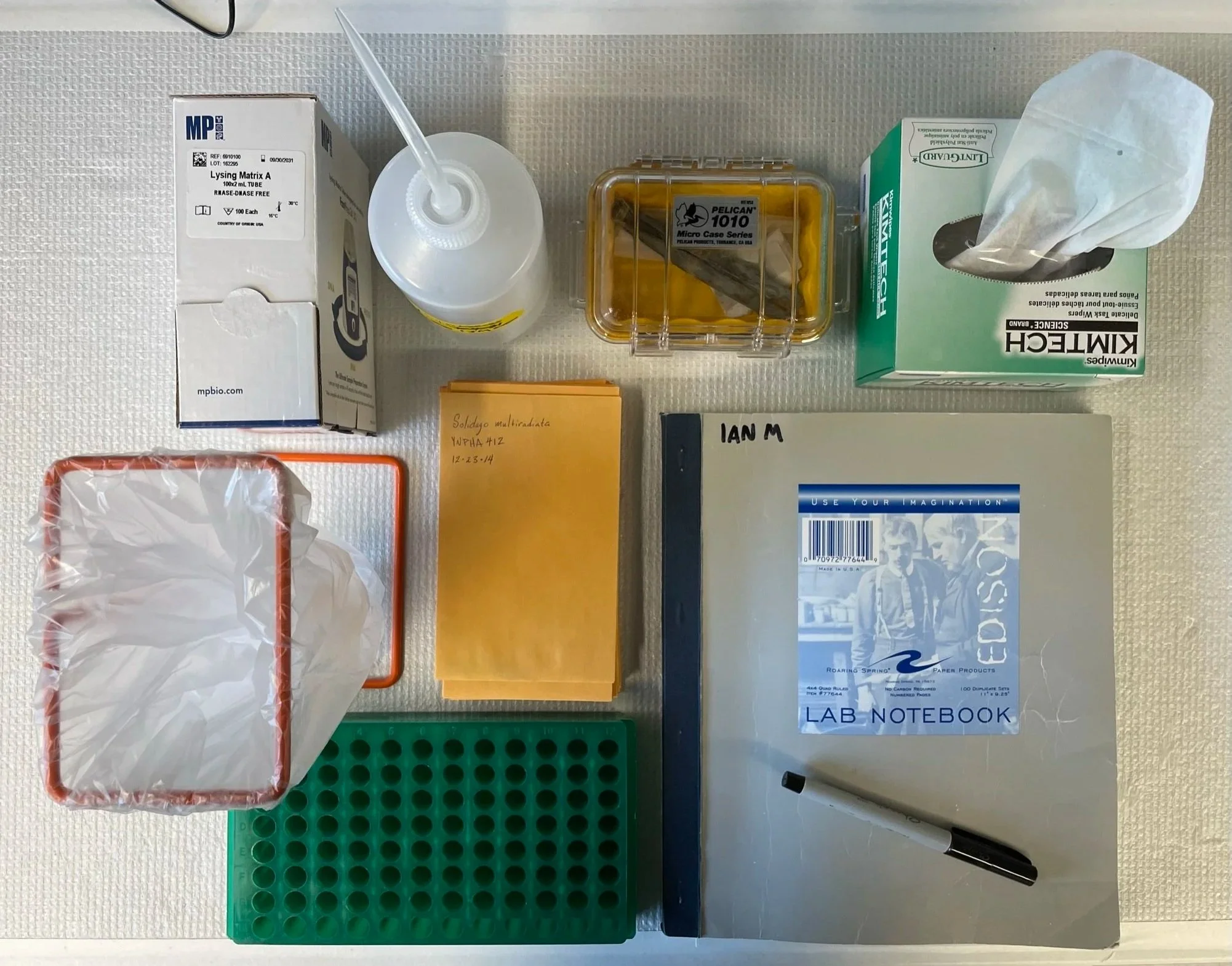
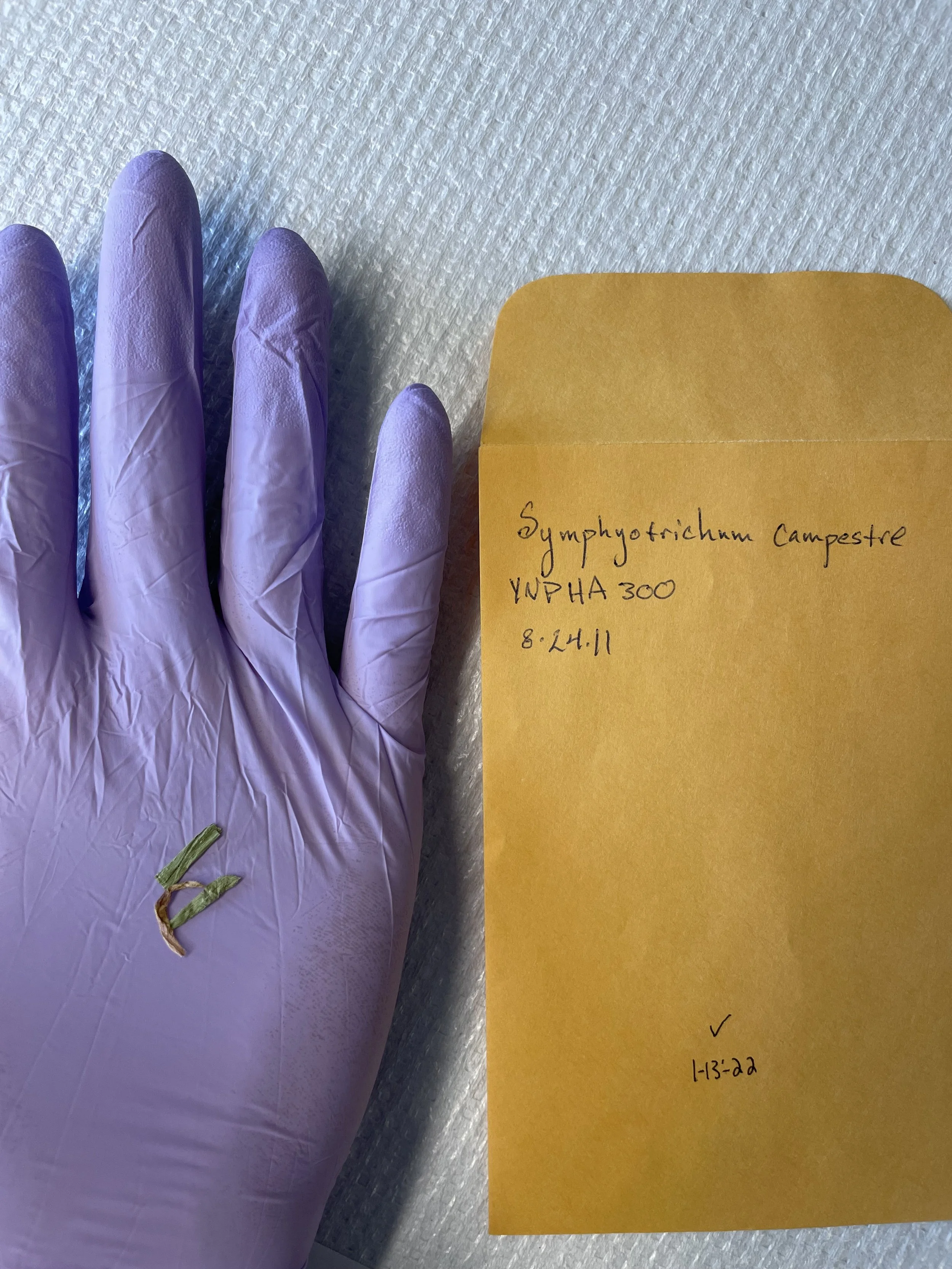
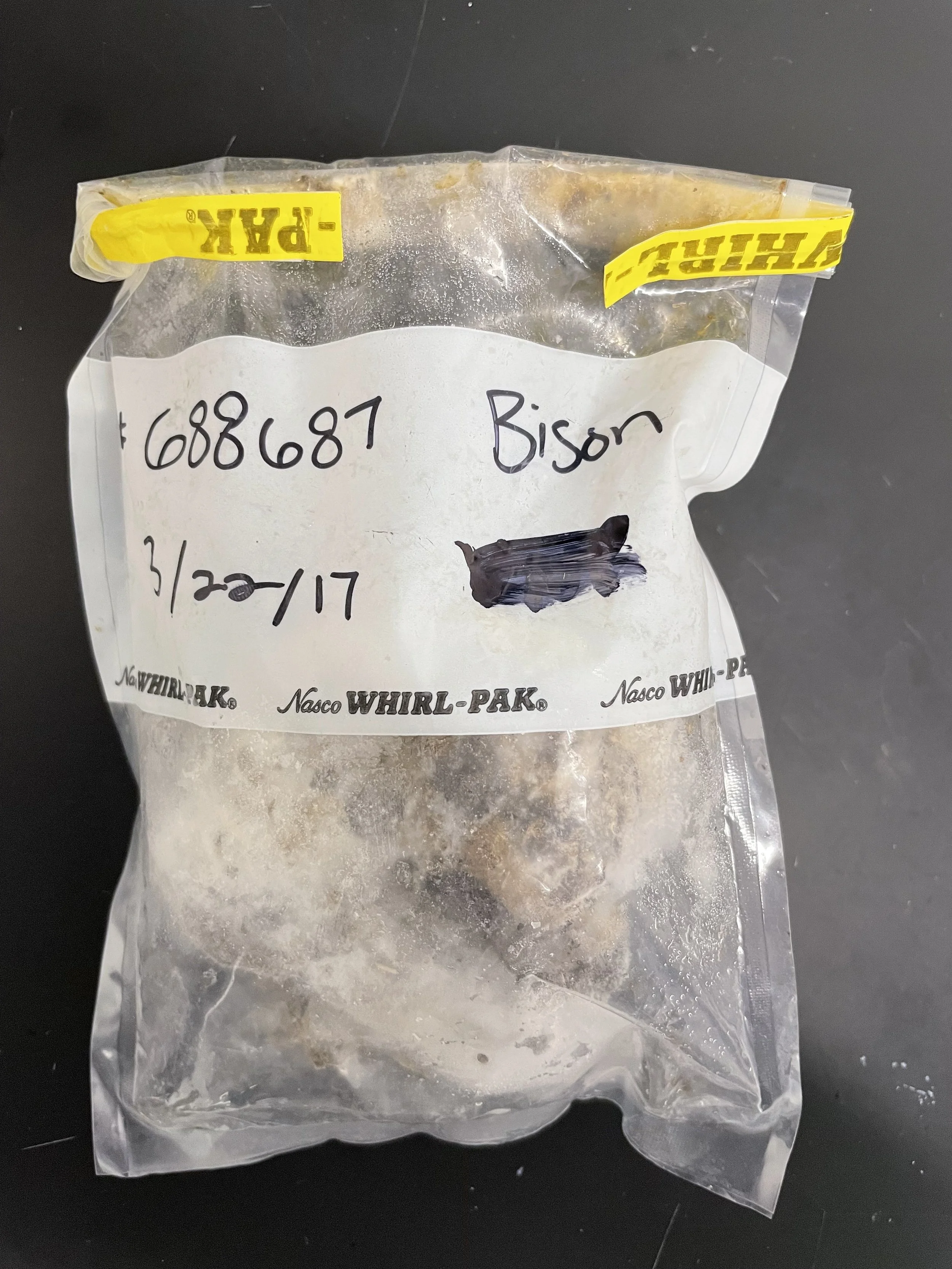
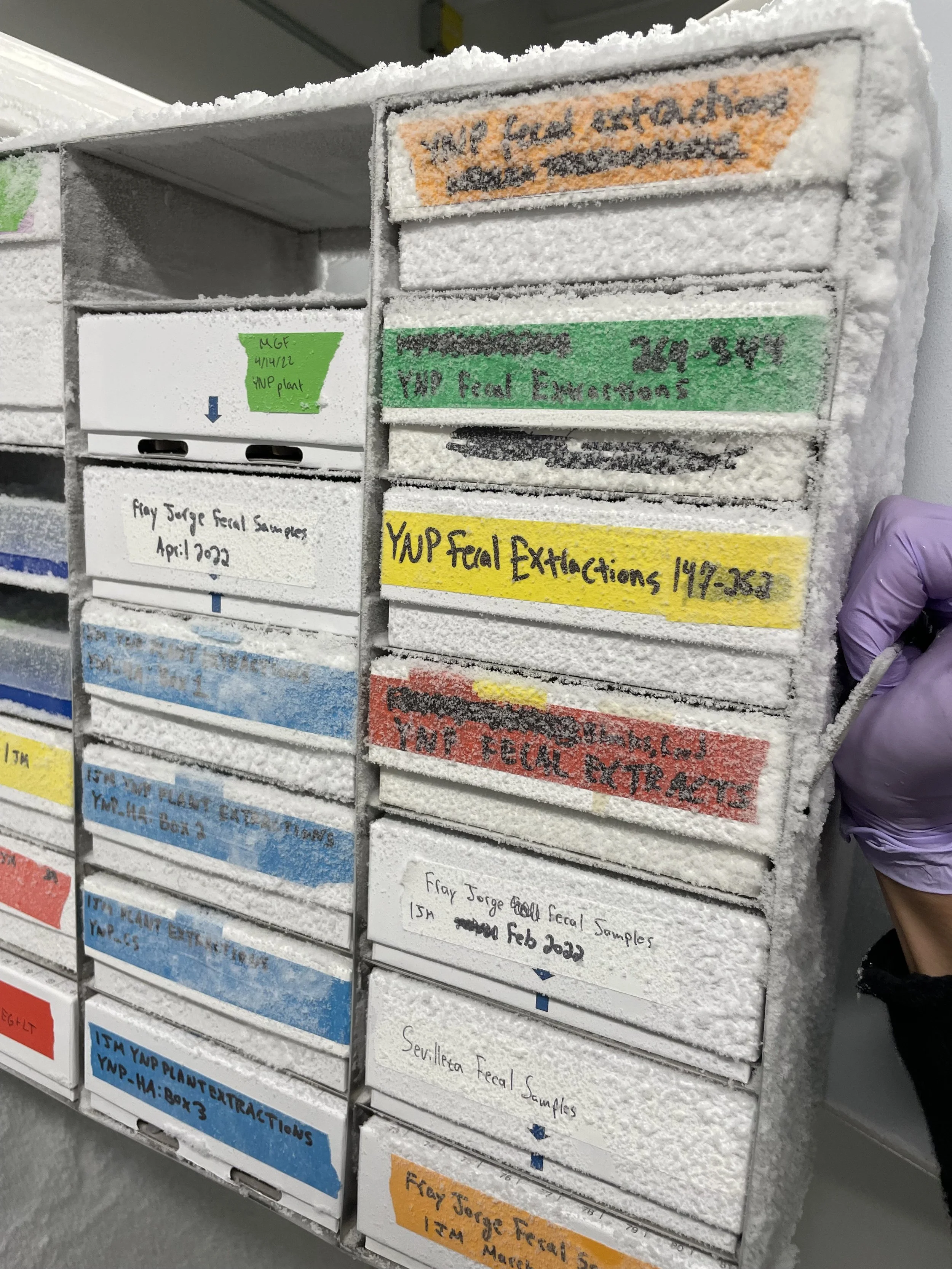

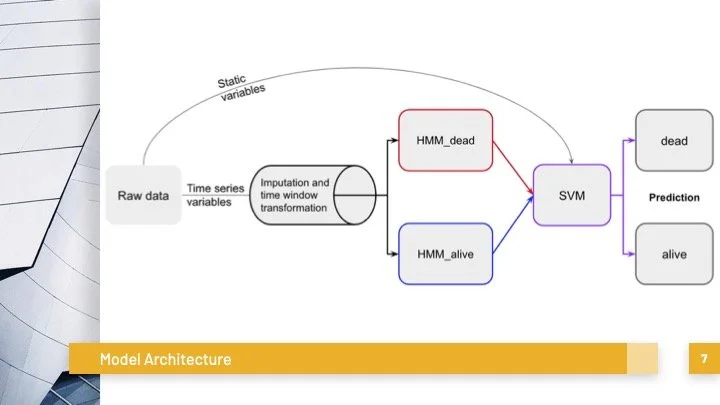

![The effect of random noise on Planck Spectroscopy emissivity measurements [colored lines] with respect to actual emissivity [black line]](https://images.squarespace-cdn.com/content/v1/68b223ce11aaa7708d75452f/56af19d7-9a25-4f30-81b0-eb95326f221d/noiseexample.png)
![The performance of lsqlin() [red line] and Tikhonov Regularization [blue line] in solving for emissivity [black line]](https://images.squarespace-cdn.com/content/v1/68b223ce11aaa7708d75452f/45b8f27c-7074-45fb-9d3a-bbfde82968ad/tikhonov.png)
![Comparing lsqlin() [red line] and matrix division [blue line] performance for matrix inversion based on the number of samples [n]](https://images.squarespace-cdn.com/content/v1/68b223ce11aaa7708d75452f/c4238e5d-a1ec-448e-8619-02253c6cd29a/invert_methods.png)